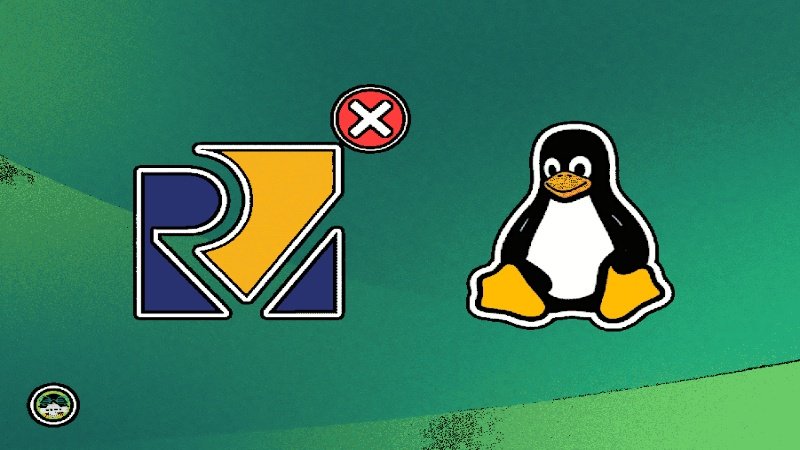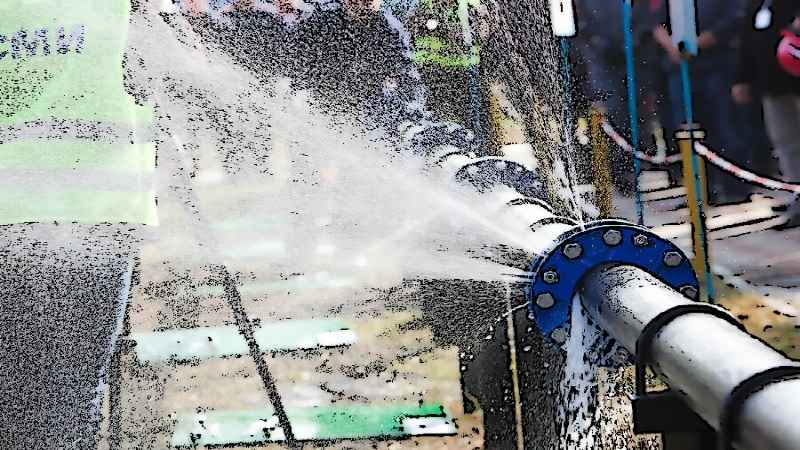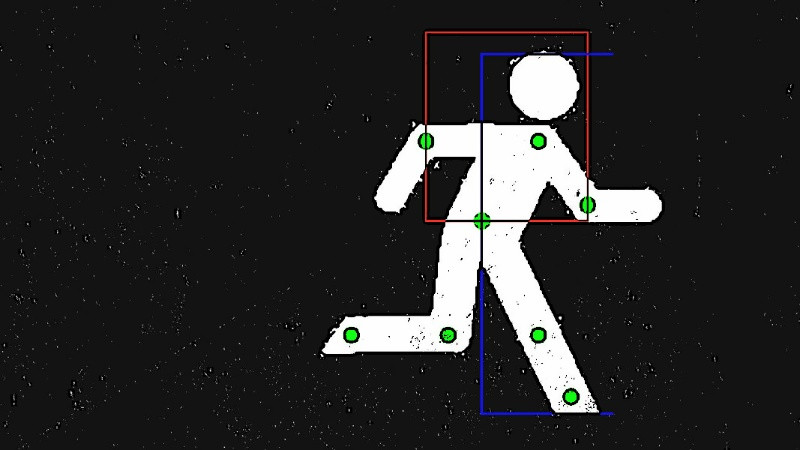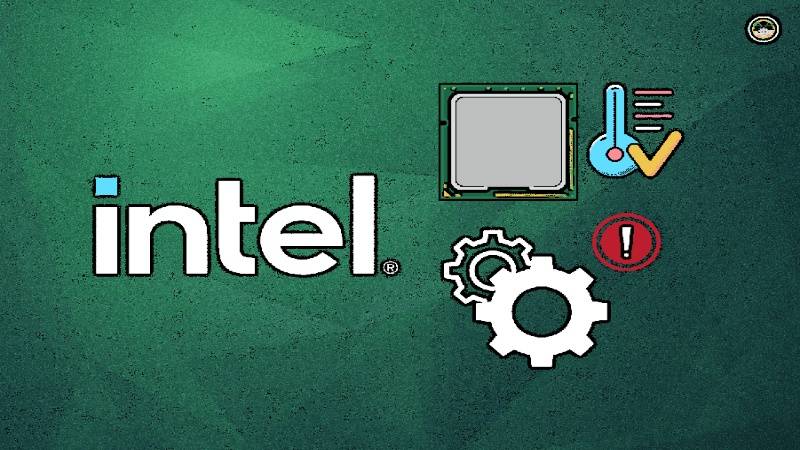Linus Torvalds Slams RISC-V Patches as ’Garbage’ in Linux Kernel Drama
Technology 9 days ago
Linus Torvalds has once again stirred controversy in the Linux community by rejecting RISC-V patches for the upcoming Linux 6.17 kernel release. The patches were submitted late and contained what Torvalds called ’garbage’ code, particularly criticizing a confusing helper function and unrelated changes outside the RISC-V scope. Known for his blunt feedback, Torvalds stressed the importance of clear, maintainable code and timely submissions.
RISC-V maintainer Palmer Dabbelt quickly responded to the criticism, apologizing for the late submission and vowing to improve future patches. Torvalds agreed to reconsider the changes for the next release cycle if they arrive early and meet his quality standards. This incident highlights the ongoing challenges of maintaining Linux’s massive codebase while ensuring high standards.
The Linux kernel development process is no stranger to drama, with frequent debates over code quality and submission timing. This latest clash follows previous controversies, including the bcachefs file system rejection. Despite the friction, such rigorous review processes help maintain Linux’s stability and reliability, ensuring it remains a cornerstone of open-source technology.
 Português
Português English
English Français
Français Deutsch
Deutsch Nederlands
Nederlands 日本語
日本語 Español
Español









